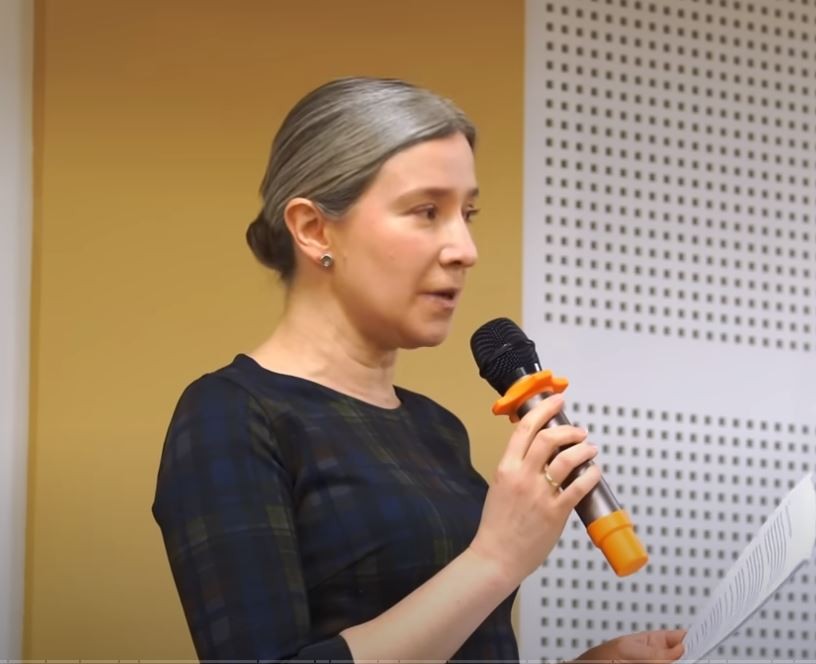
Recently, I have translated (unfortunately, with amateur quality) into Polish a lesson of a very famous Russian political scientist, Ekaterina Shulman. This lesson was about a concept known as cognitive bias. I became so inspired when I had heard this lesson, that I spent about 12 hours extracting the textual content and translating it into Polish exclusively for a friend of mine. She asked me to express my own thoughts about the lesson. The intention of this post is to fulfill that request.
Frankly speaking, I have been a fan of this political scientist for ages. Hence, I've heard dozens of her long lessons and hundreds of short interviews on the radio and YouTube. Nevertheless, at this time I had received so many new facts and ideas for reflection, that I became so eager about this lesson.
First of all, I should admit that blaming by this scientist for the weird mindset and beliefs of IT guys is mostly true. On base of my huge curriculum vitae in the IT area I discussed my colleagues' beliefs many many times. I would say, all of us are too diversified - including me. Also, Ekaterina claimed that the Soviet-inherited imbalance in technical education between humanistic and engineering parts causes to a significant extent the phenomenon of a high number of conspiracy theories henchmen among IT workers.
This is just my opinion why the majority of us IT guys have this particular cognitive bias linked with our arrogance in humanistic sciences. Because of impact of our daily work, we receive so much evidence of our outstanding intellect and logic, that when we have reached the seniority level in our area, many of us become excessively confident that only we are clever and only pure logic is able to resolve or understand everything in the world. To my shame, I thought in the same way many times and, I am afraid, I will continue doing that from time to time. This is only one tough unanswered question after the lesson - how can I step back and look at myself with unbiased assessment? It is almost impossible... do it in the moment of taking action.
Another cognitive bias I have found in my behavior is false memory. In my case, it usually happens when I want to demonstrate my best look, achievements, and character traits for an attractive woman, whose attention is vital for me. However, in this case, sometimes, I am able to play for both sides (like it was described in the lesson) - for a narrator and for the observer. During peacock games in front of the chosen one, my observer sits in silence, but after that, he eats my brain with his caustic comments about my egocentrism and small lies. Especially when you try to impress the superbly intelligent woman. Pathetic.
This was really interesting to read! I got to learn about the IT world, which I know very little about. You also seem to have a solid grasp on vocabulary relevant to your workplace. Sorry if I was a bit nit-picky in my recommendations; what you wrote makes a lot of sense, there are just some areas that could have a more natural sound to them or oddly specific things that native speakers pick up from hearing a bunch of times. Great job!
Title: "Takeaways from an interesting lesson" sounds more natural. "The" only makes sense if the audience already knows which interesting lesson you're referring to. "Aftertaste" is used more in the context of a gut reaction or a subjective opinion. You're describing what you learned, which is better expressed as "takeaways."
@JG Thank you very much. I have not known this definition!